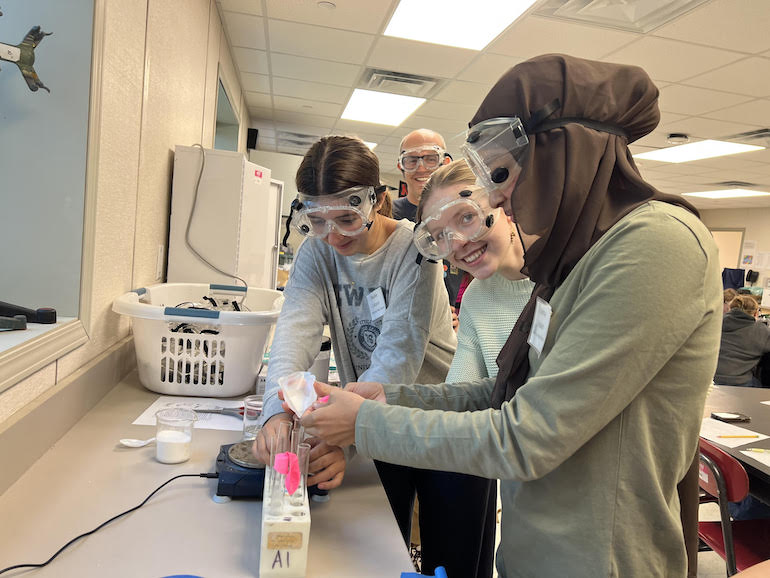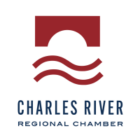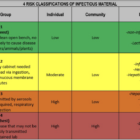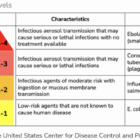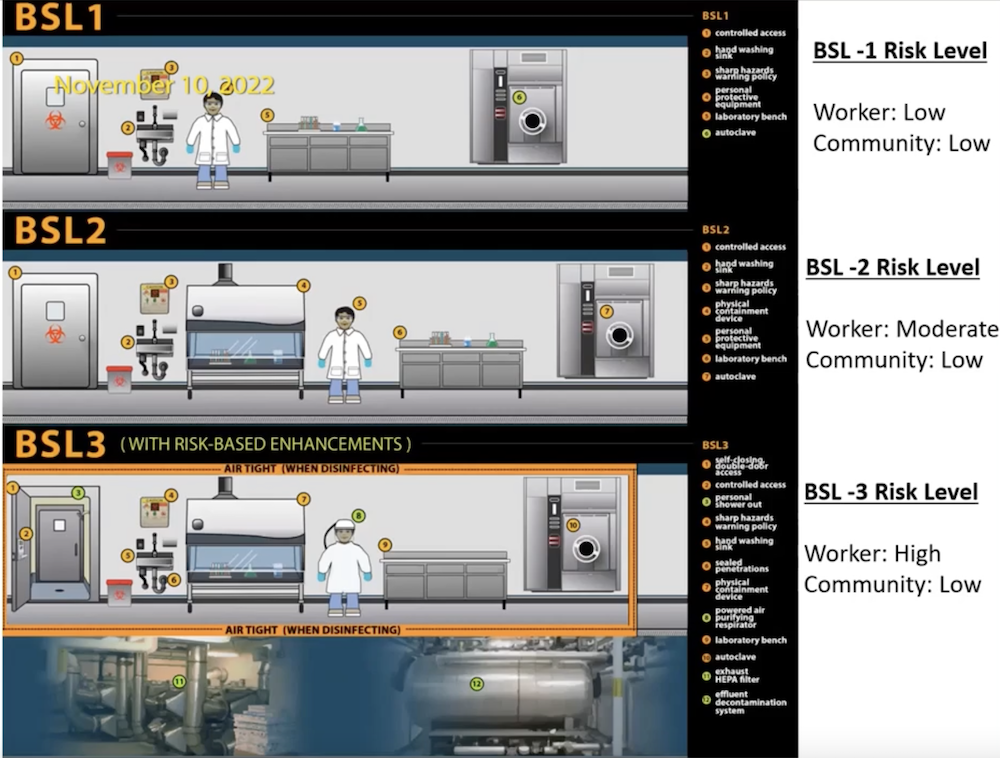Around Town
LETTER: Is Watertown in Balance?
|
By Linda ScottWatertown Resident
Are We in Balance? Balance: “An even distribution of weight, enabling someone or something to remain upright and steady.” Oxford Languages
I was reading a Watertown News article entitled: “Life Science Building Could Potentially Go on Part of the Home Depot Parking Lot” and the comments that ensued and felt the need to write. As usual, it got long! Balance in Bio Lab Development
First, thanks, Corey Dillon for the list of labs that are empty and/or underutilized at this time. May I add to your list with other lab spaces in Watertown?


